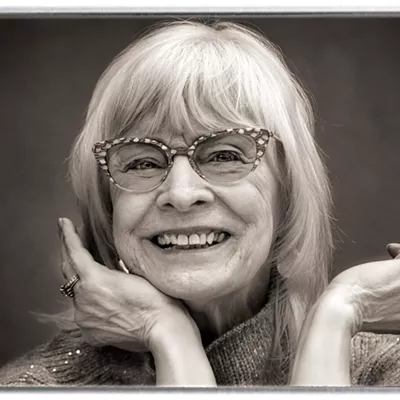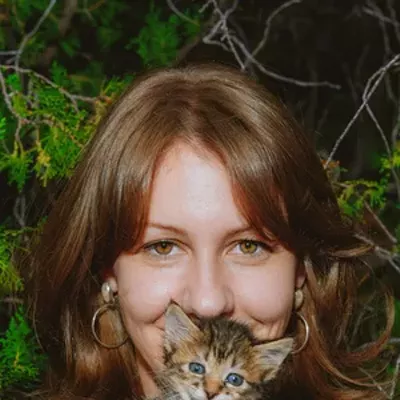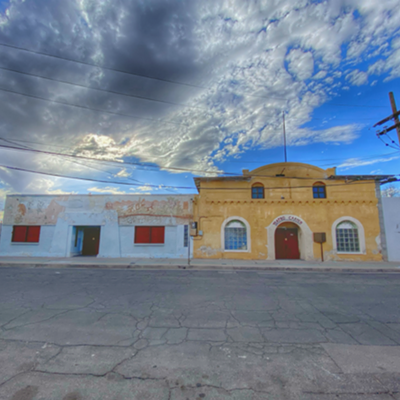Is there any way to explain the unspeakable violence that struck Newtown, Connecticut on Dec. 14, 2012, when 20 children and six adult staff members were murdered at the Sandy Hook Elementary School?
Jeremy G. Richman, the father of Avielle Rose Richman—one of the first-graders who was murdered—will speak about The Science of Violence and Compassion at the 2015 Ben's Bells Science of Kindness Conference on Friday, Aug. 21 at 7 p.m. at the Banner-University Medical Center DuVal Auditorium, 1501 N. Campbell Ave.
Richman and his wife, Jennifer Hensel, established the Avielle Foundation following the Newtown shooting. Their mission is to help educate people about the invisible world of brain illnesses (most often known as mental illnesses). They point out that the brain is another organ that can be healthy or unhealthy, but because of the stigma, people are afraid to advocate for their loved ones in times of need.
What are the risk factors for engaging in violent behavior and the protective factors that foster compassionate individuals and communities?
Richman will present a paradigm for brain health that espouses compassion rather than violence, knowledge instead of fear. There's irony in the popular sentiment that it's in our nature to be violent, he says.
"We've evolved living in groups and communicating with one another," he says. "There's evidence that if we develop the ability to be more empathetic and compassionate, we'll be healthier, wealthier and happier."
A $10 donation is requested at the door. For more information, and to RSVP, visit bensbells.org/kindness-conference. The conference is presented in collaboration with the University of Arizona's Frances McClelland Institute for Children, Youth and Families and Banner-University Medical Center.






